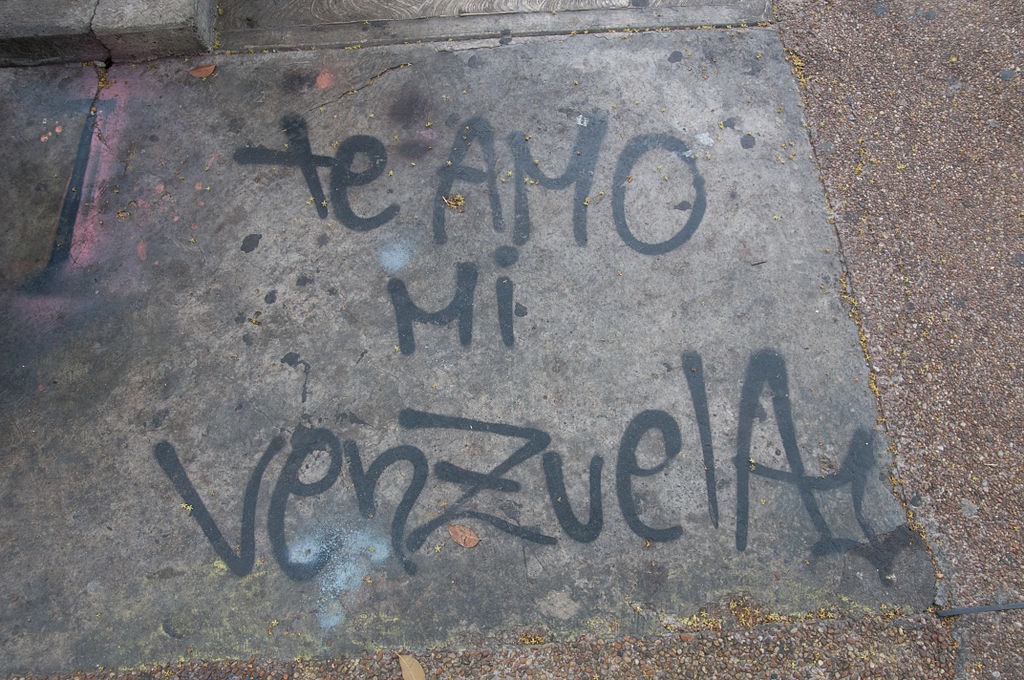Venezuelans are accustomed to (and exhausted by) elections. In the last few years, we have gone to the polls 26 times. The government of Chávez and Maduro used this method to gain international legitimacy, but for years voters have been denouncing the irregularities, intimidation, inequality and fraud that compromise democracy in the country.
On Sunday, November 21, more than 3,000 governors, mayors and councilmen were elected. This time abstention won. Venezuelans are tired of elections that do not improve the country, and are disappointed by politicians who do not solve the real issues.
Despite being a regional election, international eyes were on it, not so much for the results but for the process, which was evaluated by 300 international observers from the UN, the European Union and the Carter Center. In recent years, the elections did not count with the presence of impartial actors like now.
Even so, many Venezuelans did not trust the process. Citizens wonder if Maduro is using this strategy to legitimize himself again in front of the 50 countries that have not recognized the government since 2018, after elections that were internationally qualified as fraudulent.
The Maduro government has rejected the participation of observers. For them, this group has no weight to guarantee the validity of the process within Venezuelan territory. For its part, Human Rights Watch believes that “monitors could play a crucial role – if they are able to effectively use the broad access that electoral authorities agreed to”.
The dilemma faced by many people was whether to vote or not: was it worth it? By voting, we were validating Maduro? By not voting, we were giving away the elections? Division was the protagonist again. There was no common voice among the voters.
Meanwhile, a group of opposition politicians decided to abstain, considering that the right conditions did not exist. The other group that participated was criticized for the split in their bases. Some experts say that the division cost them some positions. Chavismo won the majority of the seats again, 20 of the 23 governorships.
The evaluation of the international observers is still awaited. In a few days, we will find out whether they noticed irregularities, meanwhile some Venezuelans denounced, through social networks, serious problems in the process.
Since Chávez introduced an electronic process, the government is presumed to have one of the most advanced and secure systems in the world, but is it really? Over time, voters say otherwise. This year, two friends had problems with their machines, one of them had to go back three times until the system selected the candidate she wanted (the machine kept directing her to the official candidate repeatedly). My other friend voted for the candidate he had not selected after the machine directed him elsewhere.
These cases do not speak of much transparency, effectiveness, security and legality. Are they just isolated events or are they constantly repeated? Were the international observers able to notice these kinds of failures?
On the other hand, some voters wonder if winning matters, because in the last few years the seats obtained by the opposition have been ignored by the government, even appointing parallel positions by hand, ignoring the popular will at the ballot box.
Additionally, the Maduro regime expropriated some opposition parties in 2020 and transferred these organizations to its allies so that they could freely use their names and logos. Maduro’s detractors also denounce financing rivals to create confusion among electors and divide votes further.
These elections started with a difference: The National Electoral Council. After years of being managed by the same group of people affiliated to the government, this year five new rectors were appointed, which changes the face of the executing body, but people wonder if it really renews it, or it is another delaying tactic?
Despite the low voter turnout, some centers were marked by violence. In Zulia state, a 38-year-old man died after, allegedly, “colectivos” opened fire on voters and wounded two people.
Experts considered these elections as an appetizer for the presidential elections of 2025, but there is still a long way to go and life in Venezuela is constantly changing. In the meantime, many continue to wonder if there really is a democracy where the right to vote can be exercised.
Image credit: Wilfredor

